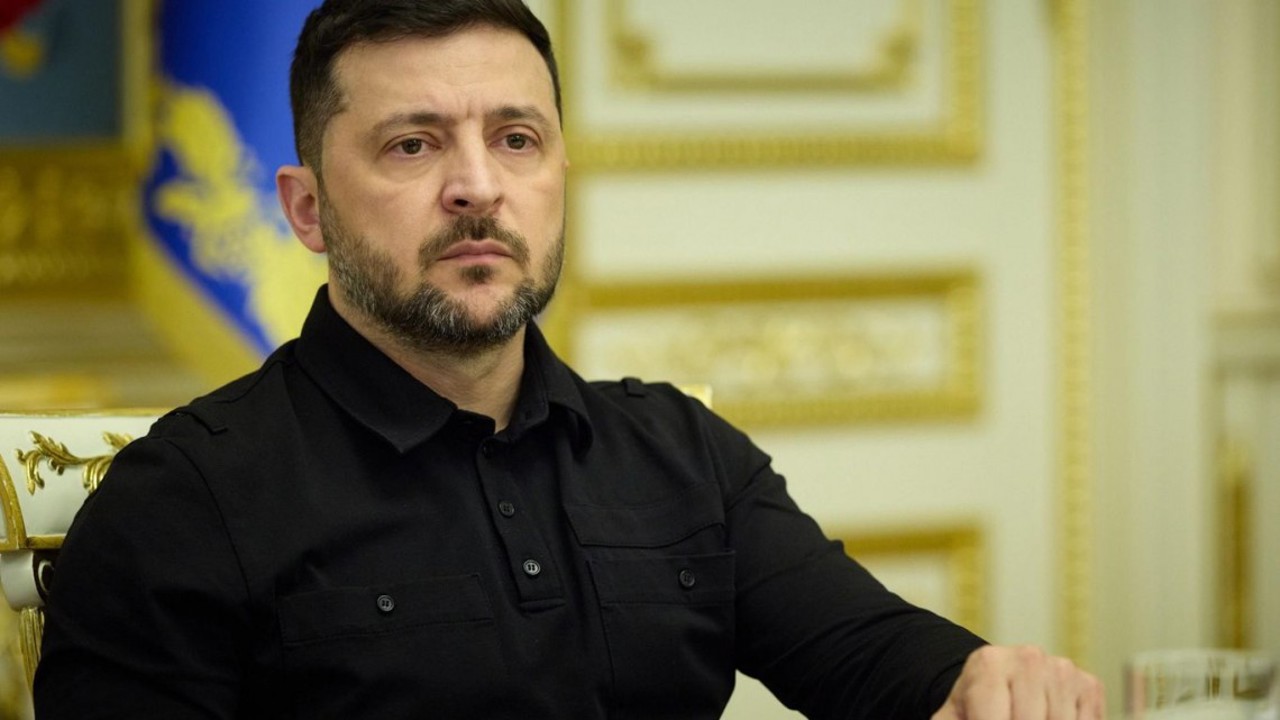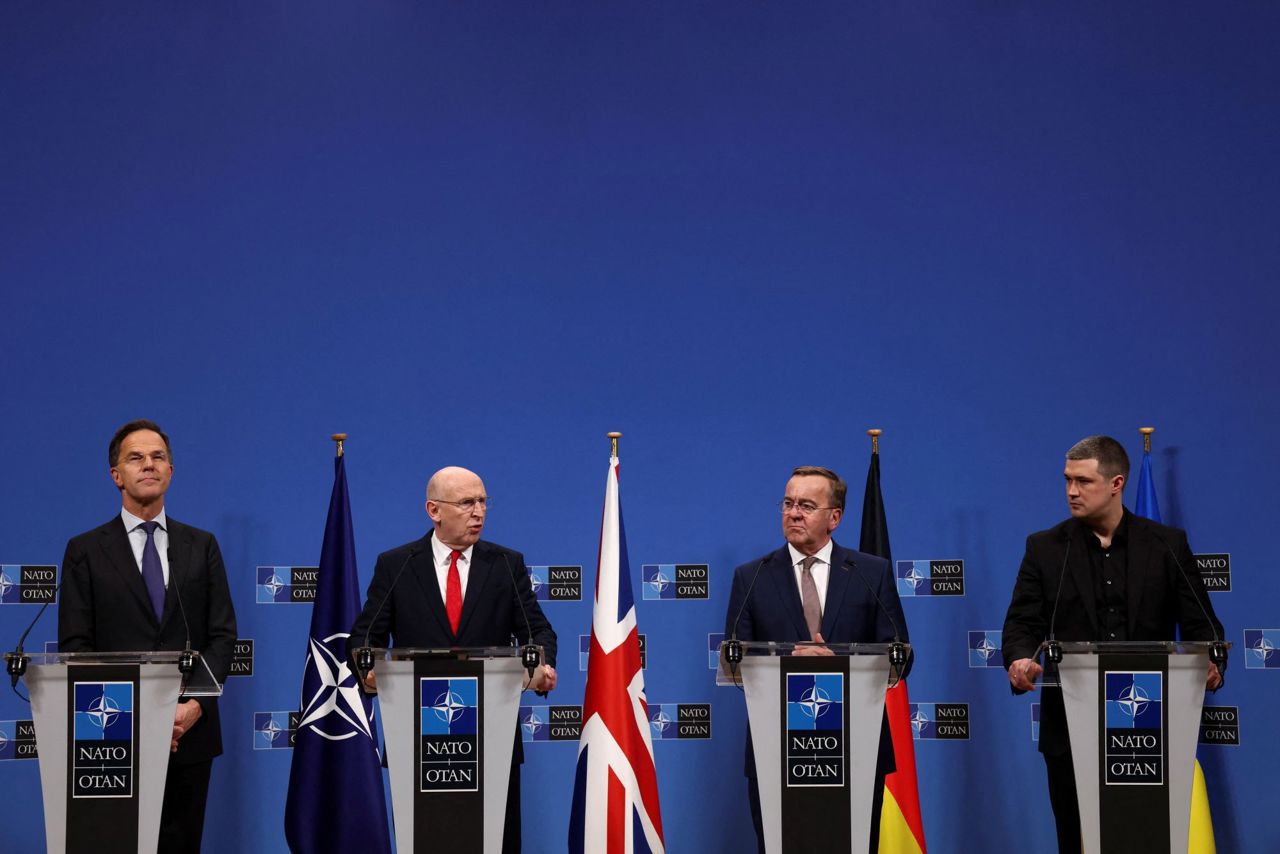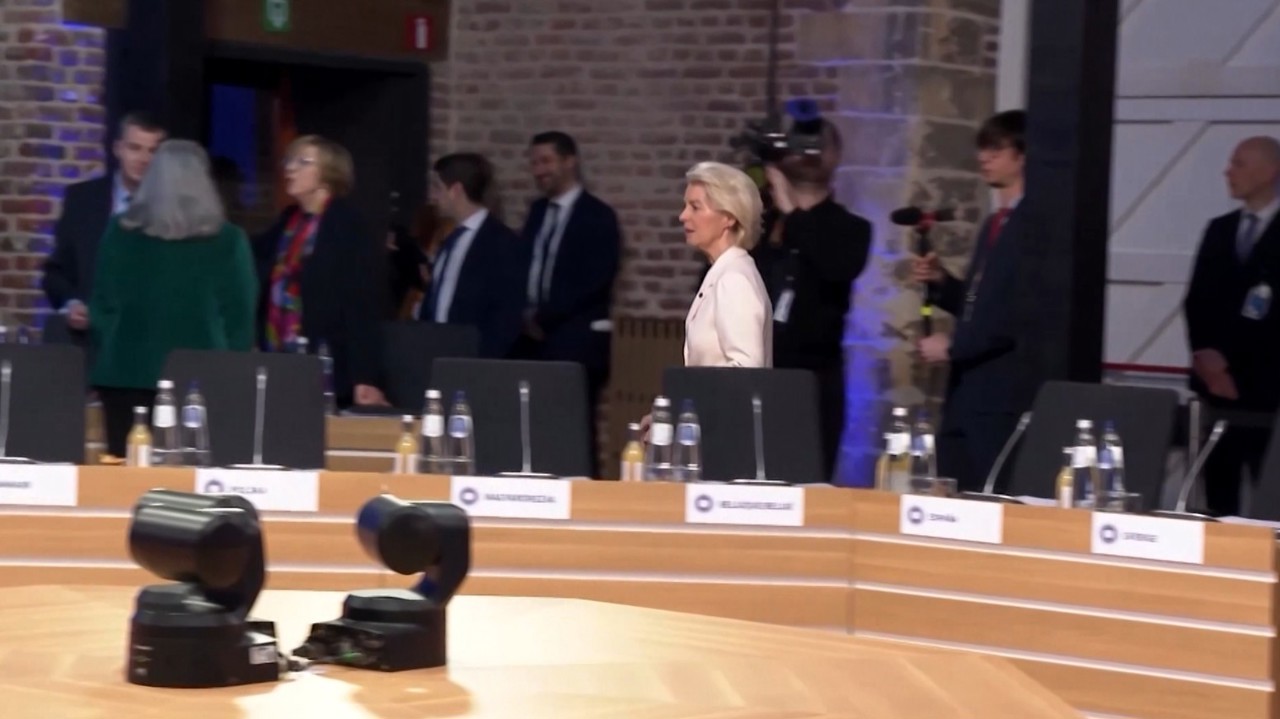Correspondence of Dan Alexe // Political surprise: Two Baltic countries block new EU sanctions against Russia
The European Union was close to reaching an agreement on Friday, December 6, on a 15th package of sanctions against Russia, punishing Moscow for its war of aggression against Ukraine. The sanctions would have targeted Russia's ghost fleet and several companies in particular. But two countries blocked the decision.
Ambassadors from the 27 EU member states, meeting in the framework of "Coreper", failed to reach an agreement due to opposition from Latvia and Lithuania to extending the deadline for European companies to withdraw from Russia. Talks will resume at a Foreign Affairs Council scheduled for December 16, three days before a European summit.
The central point of the proposed new measures is a blacklist of ships that constitute the ghost fleet of Russian oil tankers used to evade sanctions. For Lithuania and Latvia, certain companies are abusing the clause that allows them to expand their activities in Russia, for various reasons, despite the sanctions.
Oil transportation
The 15th package of sanctions is intended to attack and erode the system that Russia has put in place to circumvent the embargo on its oil products. The keystone of this Russian mechanism for evading sanctions is a fleet of clandestine carriers, flying a non-EU flag.
This technique allows Russian oil to continue to flow into Europe and finance the Kremlin's war. The number of oil tankers sailing under the EU's radar has doubled in a year, according to Lloyd's List Intelligence. They represent about 10% of the world's oil tanker fleet.
According to the Center for Energy and Clean Air Research (Crea), the EU has purchased 200 billion euros worth of Russian oil and gas since the invasion began. The new EU measures include a ban on these ships from calling at Europe. The list would include 75 ships.
The sanctions would also target around fifty people and thirty entities close to the Russian authorities, whose assets would be frozen in Europe. Among them, the managers of energy groups such as Rosneft, Gazprom and Prime Shipping.
Chinese companies
The sanctions are also expected to include six Chinese companies and citizens that produce drones used by Russia in Ukraine. North Korea's recent involvement in the conflict should also be reflected in this package.
The sanctions list will also include Russian, Chinese, Iranian, Indian and Serbian companies involved in the production of civilian and military dual-use goods.
To the 16th sanctions package
If approved in two weeks, before the European summit in Brussels, these new sanctions would then be adopted under the Hungarian presidency of the EU Council, which is, in itself, a success, given the closeness between Prime Minister Viktor Orban and Vladimir Putin.
One of the EU's problems so far has been the dispute over supplies of Russian oil products. While the EU banned most oil imports from Russia in 2022, the Czech Republic, Slovakia and Hungary have obtained exemptions, unable to find other suppliers.
Thus, under an agreement that is due to expire on Thursday, the Slovak refinery Slovnaft, owned by the Hungarian group MOL, has been able to continue selling Russian oil products to the Czechs. Prague has said that the agreement should not be extended for more than six months, as it prepares to switch to a modernized pipeline that will connect Italy with Germany.
But that could change in January, when Poland takes over the rotating EU presidency, currently held by Hungary. Poland has already shown its intention to push the EU to adopt a 16th sanctions package that is more ambitious than the previous one.
The Polish presidency will start almost at the same time as the new European Commission, which also wants to show its willingness to do more. European Energy Commissioner Dan Jørgensen is proposing to include liquefied natural gas (LNG) and nuclear fuel in the sanctions. Belgium is very concerned about this, as the Belgian port of Zeebrugge is an entry hub for Russian LNG.
But this joint European ambition risks facing a veto from Hungary, which remains heavily dependent on Russian energy. Viktor Orban has already spoken out strongly against European measures targeting Russian nuclear energy.






